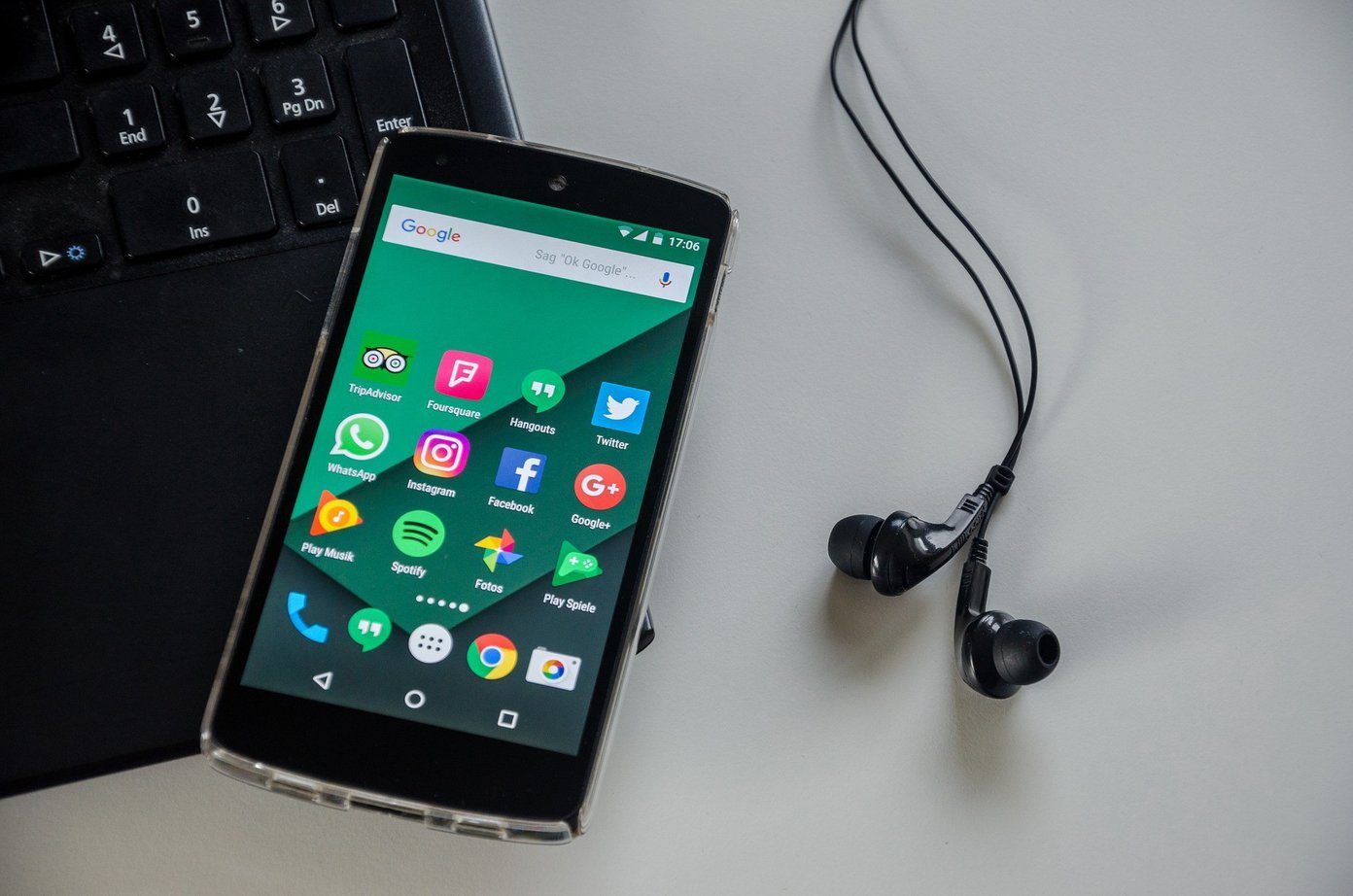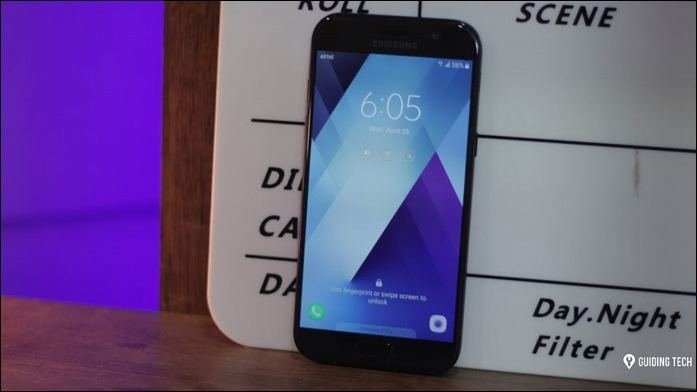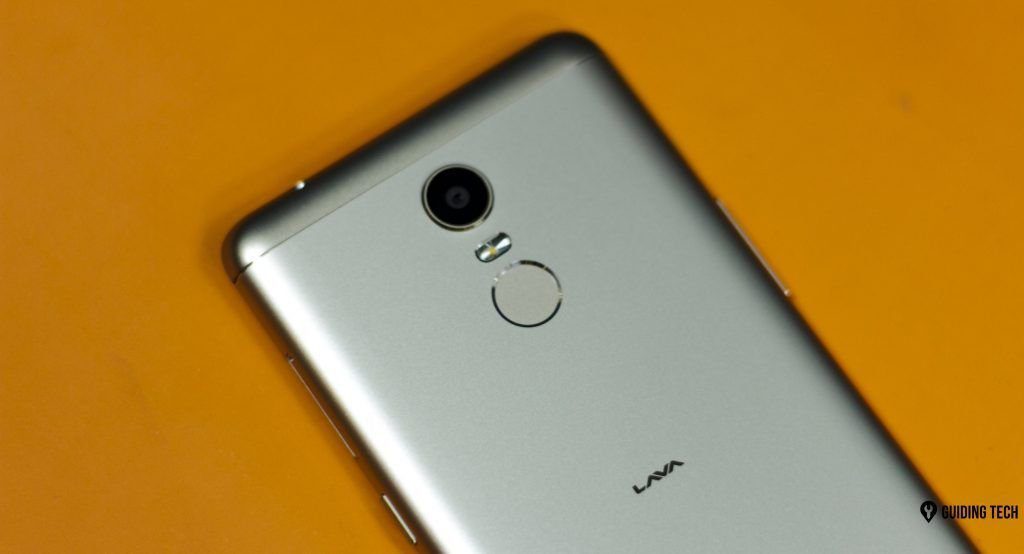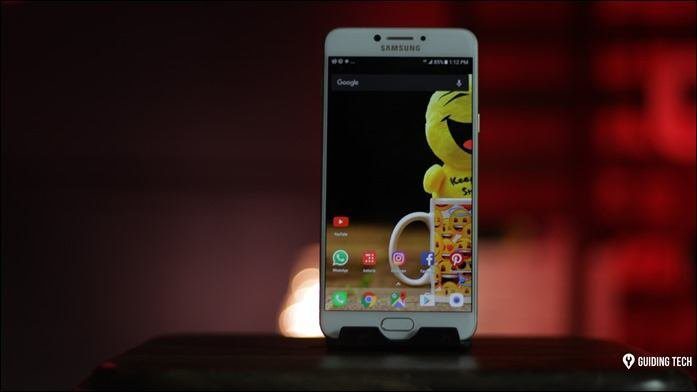So, Kaspersky ran a two-day-long experiment on September 6 and 7 where they opened a ‘Data Dollar Store’ in Shoreditch, London. There, they began selling exclusive t-shirts, mugs, and prints specially designed by famous native street artist Ben Eine. But there’s a catch. The ‘Data Dollar’ store doesn’t accept your usual currency in exchange for the goods being sold. Instead, customers have to pay with their personal data ranging from text messages to photos to get their hands on a merchandise.
Data Dollar Store: What and Why?
People at Kaspersky conducted this experiment looking for answers to the following questions:
How much could all the data being put out by individuals cost?Will people be willing to exchange data for some goods?
So, they set up a shop where people could use their personal data as a currency. In order to buy any of the merchandise, people will have to pay in data dollars that requires them to share stuff like their photos or WhatsApp conversations. These photos and conversations were then displayed on a screen inside the store for the entire span of two days that it was operational. The store charged 5 WhatsApp conversations from the customer’s phone for a single t-shirt. While a number of the customers agreed to give their data in exchange for the t-shirt, were particularly riled by the idea of the exchange after giving it some thought in most of the cases.
Aim of the Data Dollar Store
The aim of the pop-up shop was to help spread awareness about data privacy and make people realize the amount of data they’re uploading to the Internet and how important it is to protect it. “We subscribe to services that collect our data, process it and sell it, giving us something like a social network platform or movies on demand in exchange. Most of the time we don’t even read those terms of agreement and jump right into sharing our private data with everyone,” the company stated. “The most important thing to understand is that your data costs as much as you value it. So give it a high enough price and protect it properly – so that privacy and personal information can still exist in the future.” Let us know in the comments how you feel about sharing your data in exchange for goods. The above article may contain affiliate links which help support Guiding Tech. However, it does not affect our editorial integrity. The content remains unbiased and authentic.










